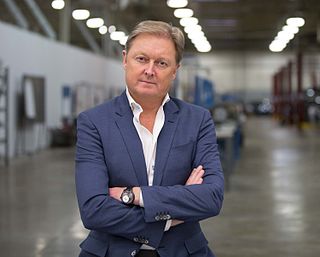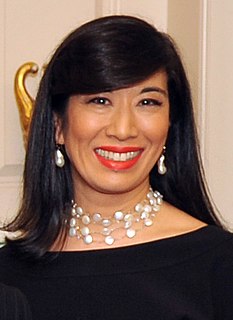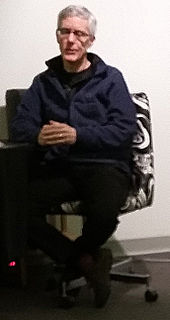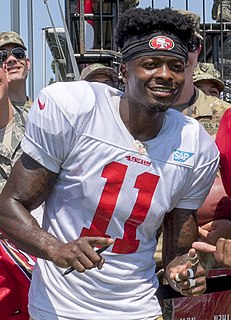A Quote by David Cohen
Because one of the main jobs of a CEO is to set the vision and strategy for the company, I'm a big believer in making one of the founders the default CEO.
Related Quotes
Somebody asked me 'what's the job of a CEO', and there's a number of things a CEO does. What you mostly do is articulate the vision, develop the strategy, and you gotta hire people to fit the culture. If you do those three things, you basically have a company. And that company will hopefully be successful, if you have the right vision, the right strategy, and good people.
You don't think, when you start a company as the founding CEO, that if your venture actually works, you end up with three jobs: founder, CEO, and chair of the board. The first eight years at Bonobos, I have learned a lot about the tension between the first two. It didn't even occur to me that I had the third job until much later.
I argue that once it became clear that the most important function of the CEO was to develop and enact the corporate strategy, that often had the effect of distancing him from people below him in the organization. It also encouraged the idea that if a CEO were a great strategist for a company in one industry, he would probably be a great strategist in another industry. And that usually hasn't proved to be the case.
Another thing I've observed is how critical the role of the CEO is when a technology truly is disruptive. In looking back on companies that have successfully launched independent disruptive business units, the CEO always had a foot in both camps. Never have they succeeded when they spin something off in order to get it off the CEO's agenda. The CEOs that did this had extraordinary personal self-confidence, and almost always they were the founders of the companies.
Every time a twenty-something CEO turns down a multibillion-dollar offer for a company that has little or no revenues, it hits a raw nerve in me. Unlike most professionals, I am not shocked by the seemingly bizarre behavior of those founders who pursue their vision beyond all rational thought or monetary reward.
As a CEO, you get sucked into dealing with all the tasks of being a CEO. There's a big meeting, a big discussion, and you get into all the big issues, which is your job. But what CEOs often lose sight of is that it's all about the people who work for you. For every 1,000 decisions, 999 were being made when I was not in the room.


































